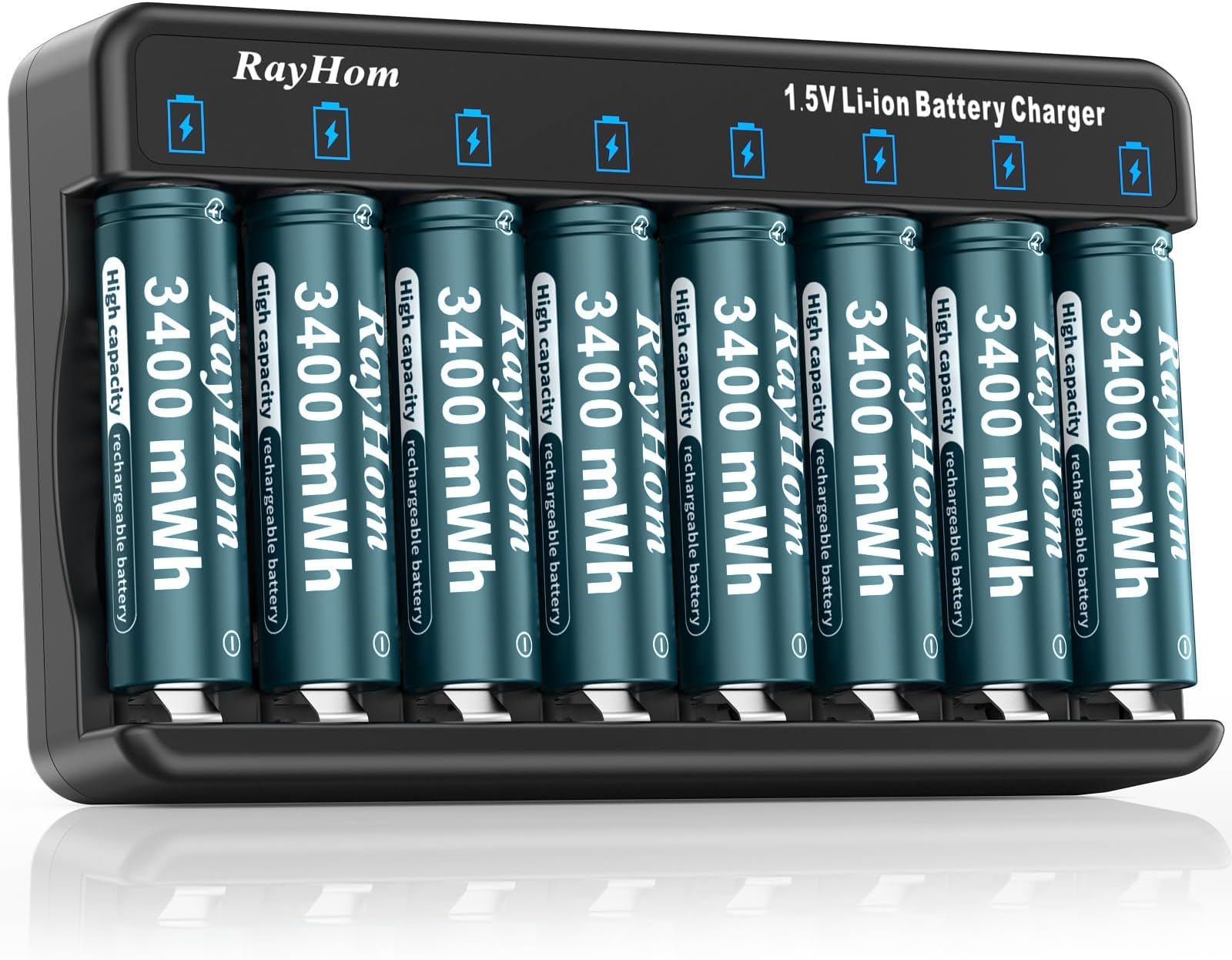Energizing our Next Generation: Explaining Why Rechargeable Batteries are Crucial for the Field

The automotive sector is facing a significant shift as it welcomes the next era of eco-friendly mobility. At the center of this transformation are renewable batteries, which play a key role in energizing electric vehicles and enhancing power efficiency. As governments around the world implement stricter emissions regulations and consumers increasingly demand more environmentally friendly alternatives, rechargeable batteries have become essential for producers striving to create and thrive in this challenging landscape.
Rechargeable batteries not only deliver the power necessary for EV and hybrid vehicles but also contribute to the growing ecosystem of renewable energy technologies. Their capacity to store power from resources such as solar and air power is crucial for reducing the carbon footprint of transportation. As we look forward, the significance of rechargeable cells in the auto industry cannot be exaggerated; they are the key to realizing a green future and propelling the next generation of transportation.
The Rise of Battery Vehicles
The vehicle industry is experiencing a significant transformation with the growth of electric vehicles. As consumers become progressively aware of the ecological impact of gasoline-powered cars, the need for eco-friendly solutions has increased. EV cars, powered by renewable batteries, offer a cleaner option that minimizes toxic gas emissions and lessens reliance on fossil fuels. This change not only tackles environmental change challenges but also appeals with environmentally aware consumers seeking more sustainable transportation options.

Smart batteries are at the center of this transformation. Advances in energy storage technology have led to enhancements in power, charging speeds, and overall performance, making electric cars more attractive to a wider market. As companies invest in advanced next-gen power sources, the range and efficiency of EV vehicles continue to improve. This advancement ensures that users can enjoy the comfort and practicality of EV vehicles without sacrificing on capabilities.
Moreover, many countries around the globe are encouraging the move to EV cars through subsidies and support expansion. Recharge stations are becoming more prevalent, making it simpler for motorists to recharge their vehicles. As the industry for EV cars develops, the reliance on renewable power sources will only rise, strengthening their role in shaping a green automotive future.
Advantages of Rechargeable Batteries
Rechargeable energy cells play a vital role in enhancing the effectiveness of the vehicle market. One of the key advantages is their economic advantage over the years. Although the first investment for EVs may be higher due to the cost of rechargeable battery systems, the future savings on energy and upkeep can be considerable. Reduced running costs combined with the falling price of battery systems make these vehicles financially attractive to consumers.
Another advantage of rechargeable batteries is their favorable influence on the planet. Conventional vehicles emit harmful pollutants and carbon emissions, contributing to global warming. In contrast, electric vehicles powered by these batteries produce zero tailpipe emissions. This shift towards cleaner energy solutions not only helps in reducing the environmental impact but also aligns with global efforts to combat air contamination and promote environmentally friendly approaches in transportation.
Lastly, improvements in battery design have vastly increased their efficiency, offering greater energy density and quicker charging times. This innovation allows cars to go longer on a full charge and minimizes the downtime associated with recharging. As companies continue to develop even more efficient and durable batteries, consumers are increasingly drawn to these cars, knowing they can rely on the superior performance of these power sources for their daily transportation needs.
Obstacles and Developments in Battery Technology
The transportation industry faces major challenges in the progress of secondary batteries, primarily related to energy capacity, charging time, and longevity. As electric vehicles gain acceptance, manufacturers are under stress to create batteries that can provide greater mileage without sacrificing on performance. Current technologies are often limited by the size and mass of batteries, necessitating a continual push for lighter materials and more effective energy storage options.
In response to these difficulties, leaders in battery technology are investigating various avenues to enhance battery performance. Research into solid state batteries promises to deliver enhanced energy capacity and improved safety compared to standard lithium-ion batteries. These advancements could lead to quicker charging capabilities and longer lifespans, addressing customer worries about battery reliability and availability. Companies are also allocating funds in new chemistries, such as lithium-sulphur and sodium-ion batteries, which might offer affordable substitutes with considerable enhancements.
The vehicle sector is also embracing sustainable practices principles by concentrating on battery recycling and repurposing. Advancements in recycling methods aim to recover important materials from spent batteries, reducing the environmental impact and lowering the expenses associated with new battery production. This not only contributes to green practices but also ensures a more resilient supply chain for rechargeable batteries, which is crucial as the demand for EV vehicles continues to grow.
